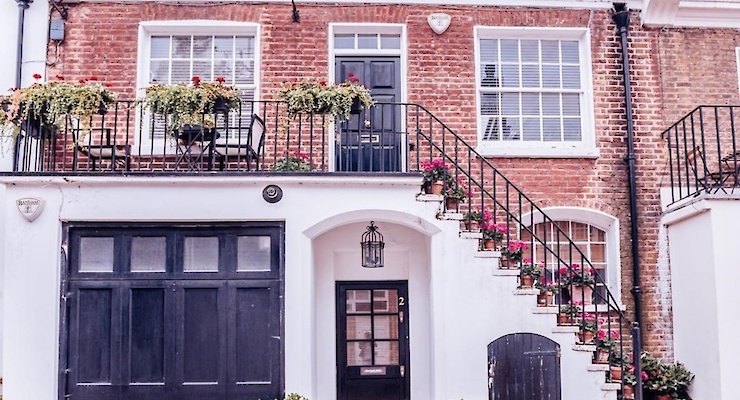


Head of Content

Mortgage Advisor & Director
What is a ten year fixed rate mortgage?

A ten year fixed rate mortgage is a mortgage where you “lock in” to an agreed interest rate for ten years.
When you borrow money for a mortgage, the interest rate determines how much you ultimately pay back, and how much you’ll pay back each month.
Locking into a mortgage rate removes any uncertainty from how much you’ll be paying back each month, and allows you to have a greater control of your finances in the long term. If interest rates spiral, you’re safe in the knowledge that you won’t be affected for at least a decade. However, if interest rates fall and new deals become available, you’ll continue to pay the higher rate you’re locked into.
Can anyone get a ten year fixed rate mortgage?
If you’re nearing retirement age, you’ll need to make sure you can continue to afford the repayments on your retirement income.
A lender may ask to see evidence of your pension if you expect to keep repaying your mortgage into retirement. Alternatively, you may have to agree to a shorter repayment period. However, this is true of any mortgage, not longer term fixed deals specifically.
Who would choose a ten year fixed rate mortgage?
Ten year fixed rate mortgages are available for both residential and buy to let mortgages.
Ten year fixed rate deals might appeal to buyers who are planning on staying put in their home for a long time, and don’t foresee any need to borrow more, or any reason to pay it off early. Another benefit is you’ll avoid paying arrangement fees on any new mortgage deals you might have taken out. If you took out several two or three year deals during the same period, you could easily pay up to £6,000 in arrangement fees, or more.
- If you’re a first time buyer considering your first foot on the property ladder and are likely to move again in a few years, you may be better off choosing a shorter term deal.
- If you’ve invested in a new buy-to-let property, and you plan on developing the property over several years, you may benefit from the security of knowing your monthly payments are fixed.
What other terms could I get?
Two, three, and five year deals are more common terms to fix your rates.
The longer you fix your rate for, the higher the interest rate will be. If you only lock in for a short period, you’ll expose yourself to more uncertainty, but be able to access cheaper deals.
What happens if I want to change mortgage before ten years are up?
Many mortgage providers will allow you to “port” your mortgage. A portable mortgage means you can move house and borrow more, adding on to your existing mortgage.
However, you’ll be subject to your lender’s latest affordability criteria and checks. If you don’t pass these checks, you won’t be able to take the mortgage with you. This means you’ll be shopping around for a new lender and be liable for an early repayment charge. This can happen even if the new mortgage deal results in you paying back the same amount each month as you are now - lenders frequently revise their criteria for borrowing.
An Early Repayment Charge (ERC) is generally calculated as a percentage of the amount you have outstanding, and commonly runs into the thousands of pounds.
You may wish to change lender for any number of reasons, whether you are moving house or not. If there are some great deals available with other lenders, you may be happy to pay this charge, and it could even work out cheaper than staying put.
Choosing an Adviser
Selecting a qualified and experienced mortgage adviser is of great importance. To choose a suitable adviser, evaluate their qualifications, experience, and reputation, and ensure they are regulated by the Financial Conduct Authority (FCA).
Read reviews from previous clients and make sure they provide a clear explanation of the products and services they offer, as well as the fees and charges associated with them.


























































































































































